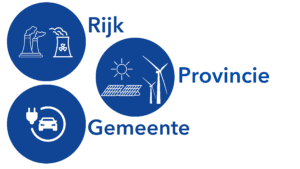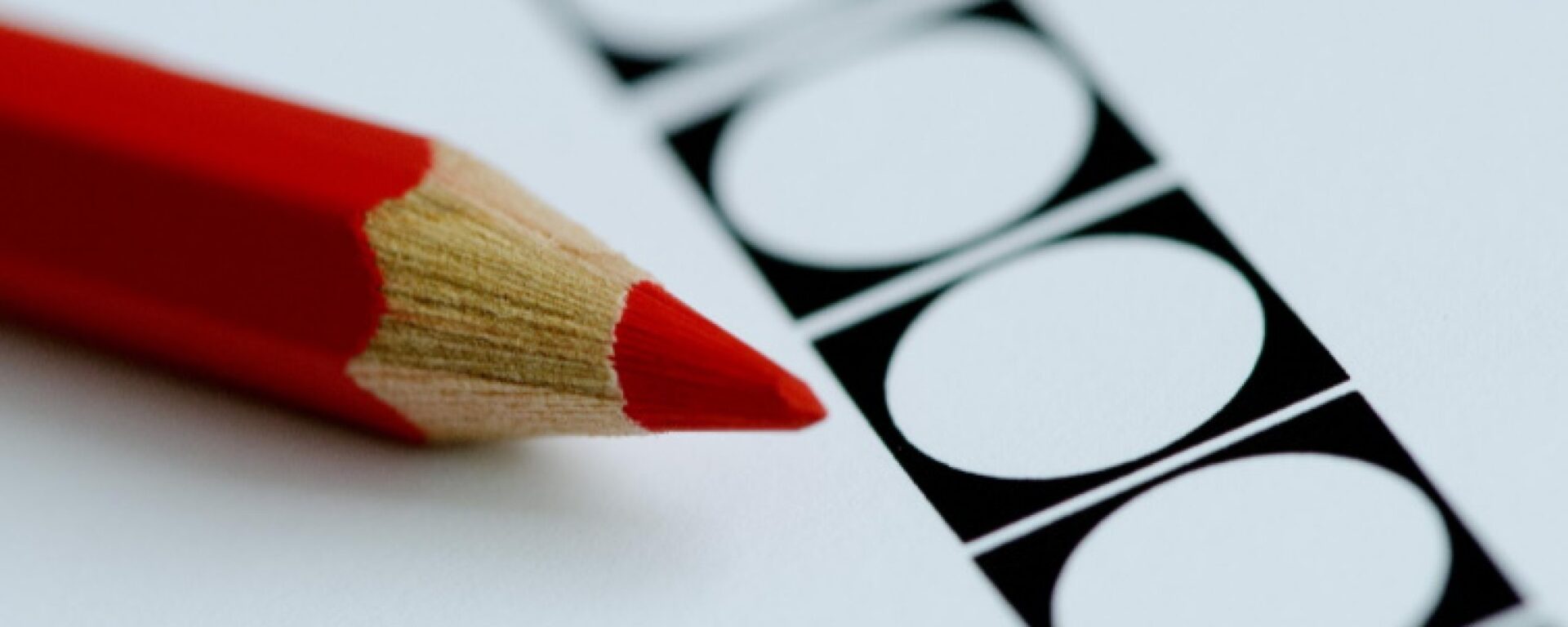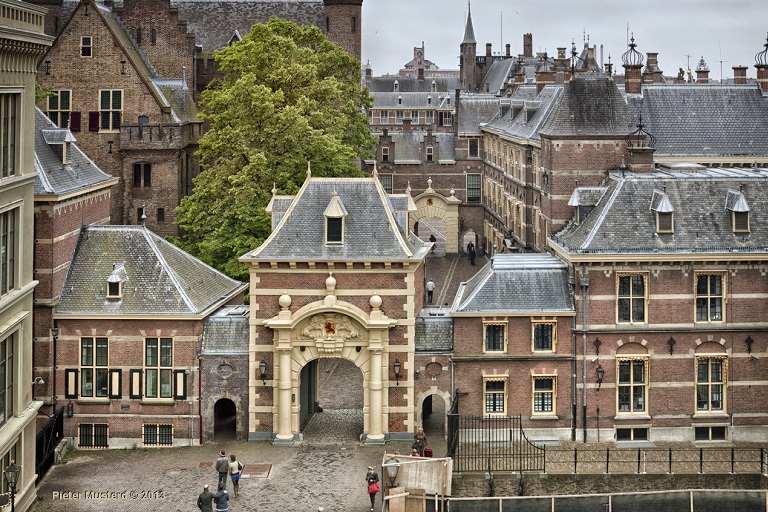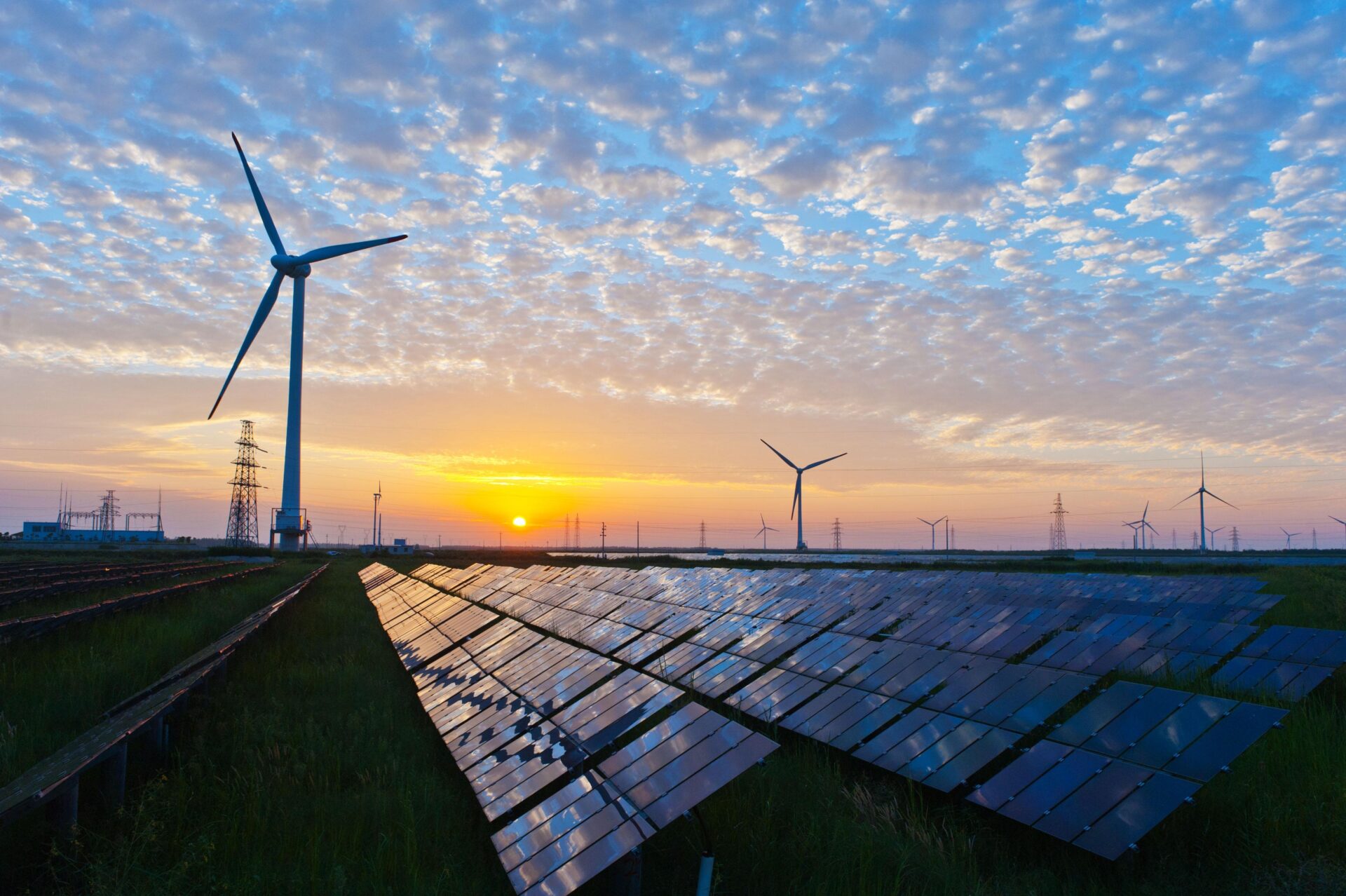You may remember the previous state elections in 2019. Four years ago, Forum for Democracy became the largest in the Netherlands with 12 seats in the Senate. At first glance, this political shift seemed to have a major impact on relations in political The Hague and Cabinet Rutte III. Little of that impact turned out in the end. Still, the Senate has considerable influence on government policy. It ultimately votes for or against the cabinet's new plans. Policy for which the Lower House has already given its approval. Major shifts in the ratio in the Senate thus affect the vote in the Lower House, as it seemed to do in 2019.
It is therefore important for the coalition parties VVD, D66, CDA and the Christian Union to secure a majority of the 75 Senate seats on March 15. A nice goal, but it is a given that that majority is not going to be there. Currently, the coalition does not have a majority in the Senate either and is therefore dependent on opposition parties to find a majority for new government policies. With the current proportions, this administration is managing to achieve cooperation, but the question is whether the coalition parties will have to water down more often with the arrival of new senators. And if the polls(Ipsos, Feb. 17, 2023) are to be believed, the answer to that question is a resounding yes.
What are the expectations?
Four years ago, Forum for Democracy was the surprising winner of the Provincial Council elections. In the Lower House they had two seats at that time, and in the Upper House they reached 12 seats after these elections. Under the guise of "runners are deadbeats," this party fell apart due to internal conflict and one senator remained for this party. The VVD, recently much criticized party leader Mark Rutte, but led by veteran Edith Schippers, remains stable in the polls (15 seats). This luxury is not for everyone. The CDA, as in the 2021 elections to the House of Representatives, seems headed for a significant loss. The CDA's electorate, which often lives outside the Randstad, seems to choose a newcomer in the Upper House in these elections: Caroline van der Plas' BoerBurgerBeweging (BBB). It scores high in provinces such as Overijssel, Drenthe and Gelderland.
Another right-wing factor on the political scene is Geert Wilders' PVV. He has never succeeded in becoming the largest in the Netherlands. In the last state elections, he had to almost halve the number of seats. From nine to five seats. This seemed to be due to the popularity of Forum for Democracy, which caused many PVV members to switch to Forum. Four years later, the opposite seems to be happening. Forum for Democracy sinks to two seats in the polls. Forum frontrunner Baudet's voters walk away en masse and find refuge with PVV, JA21 and BBB.
The right cannot do without the left, and it is no different in politics. Much is happening on the right side of the political spectrum, but no less so on the left. The Green Left and the Labour Party have joined forces for the Senate and will form a single group after installation. In an interesting development, the outcome of which will be very important for Rutte IV. In recent years there has been much cooperation in the Senate between the coalition, Green Left and PvdA to establish majorities. The larger these parties become, the greater the challenge becomes for Rutte IV to pass new legislation through the Senate. Through this cooperation, the opposition managed to free up extra money for child care, for example, and the price ceiling for energy was realized.
The hot topics
What a province does is often not so visible. It is the layer of government that decides on the things that are too small for the state and too big for the municipality. For example, the province ensures a clean and safe living environment (external safety). Provinces issue permits for companies that pollute the environment and monitor them. Also with regard to the Dutch energy supply, each tier of government has its own responsibility. For example, the national government decides where and whether a new nuclear power plant will be built. The provinces decide on the locations of wind farms and solar fields, and the municipalities install charging stations for electric vehicles.

The province currently has to make choices about current but also sensitive dossiers. Consider, for example, the nitrogen issue. It is up to the provinces to come up with plans to meet the targets for nitrogen reduction. A problem the province must solve, and thus fodder for campaigning. Eight provincial CDA divisions and five provincial VVD divisions choose in the Kieskompas for a proposition that shows that they will oppose the national plans that concern the farmyard. This indicates dissatisfaction, even among the coalition parties in the provinces. That discontent results in growing popularity of BBB and, if current polls are to be believed, may go on to hold a good number of Senate seats.
When you say nitrogen, it's also about the nature of our little chickadee. A major responsibility of the provinces is the maintenance of natural areas. Millions go to these areas every year. An important issue for the provinces, but currently also for the elections. Because the wolf is advancing and this has major consequences for farmers in a number of provinces. With the arrival of new provincial governments, the freedom of movement of the wolf may be drastically curtailed. If it is up to VVD, CDA, ChristenUnie, JA21, PVV and BBB it will be a nice move, while parties such as GroenLinks, D66, PvdA, SP and PvdD prefer to keep the wolf friendly and welcome the animal.
We would almost forget, but the water boards will also have a new board after March 15. One of the water board's most important tasks is keeping surface and groundwater clean. By 2027, surface water must meet European environmental requirements, the Water Framework Directive (WFD). Both intermediate deadlines of 2015 and 2021 have not been met. Piet Verdonschot, professor of Restoration Management Surface Water at WUR and UvA indicates in Trouw that "failure to meet the environmental targets could have major consequences for the licensing of companies that extract or discharge water, the rules around manure and the use of chemicals in agriculture" (Trouw, March 5, 2023). We may hear less from water boards than other levels of government, yet their choices are of great importance to Dutch businesses.
Although nitrogen and water are mainly national problems and the maintenance of nature is the responsibility of the province, local issues also play a role in the March 15 elections. For example, North Holland is the competent authority with regard to combating nuisance from Schiphol Airport, the province of Zeeland is concerned with the harmful substance PFAS in the water of the Scheldt and the Lelylaan plays an important role in the elections in Flevoland, Drenthe and Groningen. Whatever the outcome, one thing is certain. Mark Rutte will have to work with the opposition to achieve a majority in the Senate. However, the question is, will he turn left or right after the March 15 elections and the installation of the Upper House in May?


